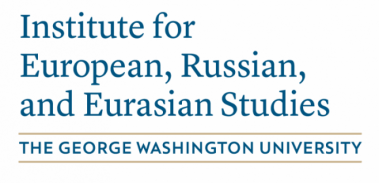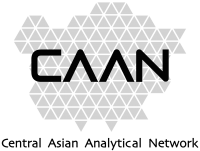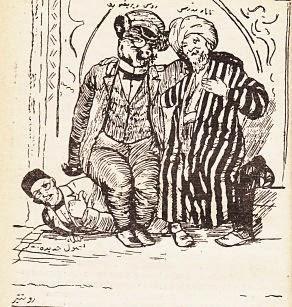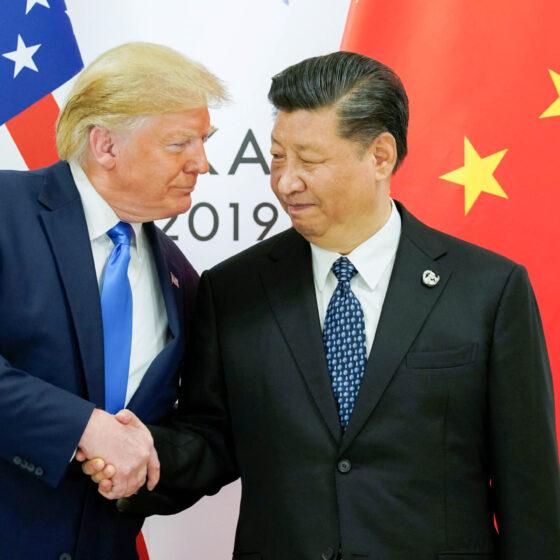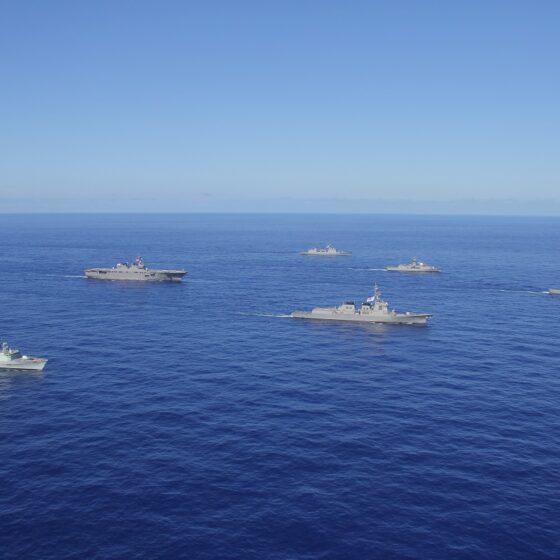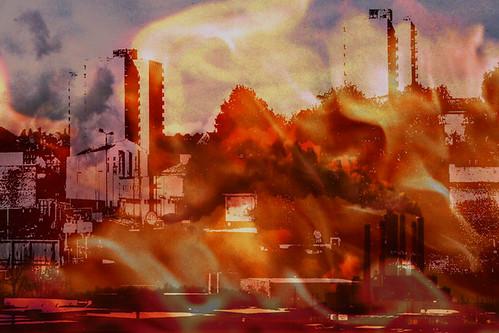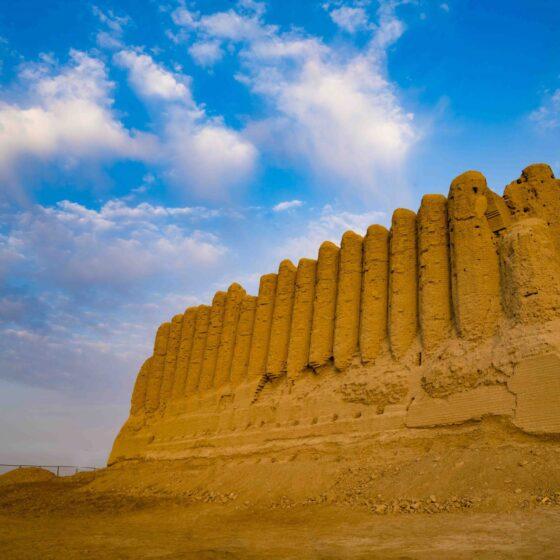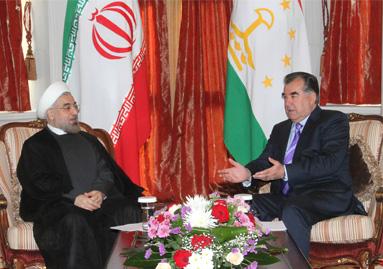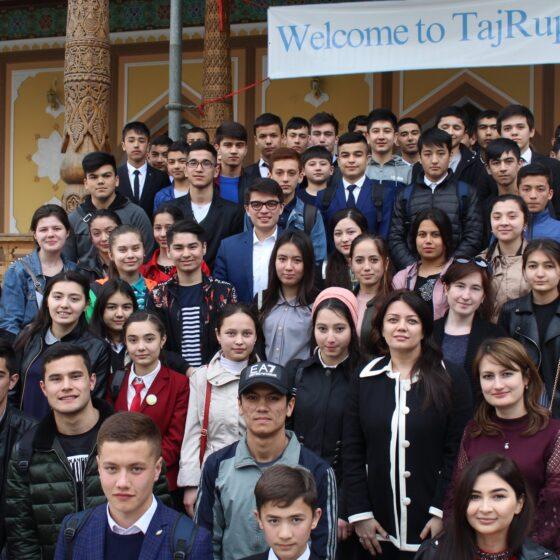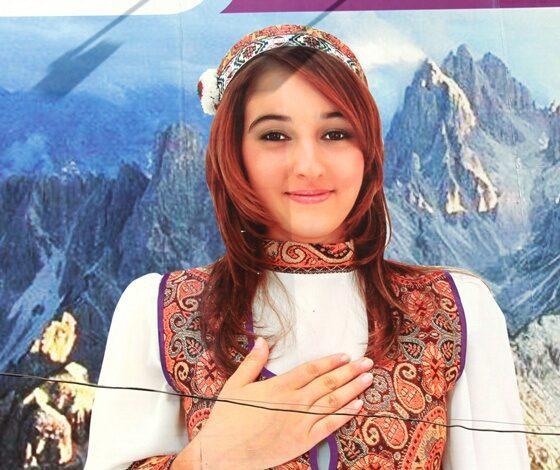Bruno Maçães is a Portuguese political scientist, politician, business strategist, and author. His book The New Eurasian Supercontinent, published by Penguin in 2017, argues that the distinction between Europe and Asia has disappeared. His argument is that it is increasingly difficult to draw a border between the two continents. and Europe cannot fail to respond to the New Silk Road projected by China.
Your upcoming book reflects your travels through the Caspian region. What are the main findings that you’ve made? Have you felt the sense of continuing boom in the oil sector of the region or there is a feeling of inevitable decline?
I travelled a lot in the five countries – Russia, Azerbaijan, Iran, Turkmenistan, Kazakhstan and I saw oil and gas industry is the center of economy in the Caspian – this is where money is. I travelled from Baku to Turkmenbashi by boat and of course you see the bigger Azeri fields, then you start to see fields on the Turkmenistan side and all the big initiatives about oil and gas, all the big ports are mostly about oil and gas. There is of course the new big gas field in Kazakhstan that has started to operate Even the investments come from gas and oil money. So I think for the time being the action is still in oil and gas and the feeling is that this will last still for a long time because I don’t think it is running out yet. You should think about the future but so far there is still so much gas and oil to explore in the Caspian that I think the attention will be on this.
«В центре Евразии» — о путешествиях по Каспию рассказывает Бруно Масаеш
What are your impressions from different Caspian countries? Could you briefly summarize your experience dealing with them (Turkmenistan, Azerbaijan, Kazakhstan)? How similar they are and how different?
They are so completely different. It is completely different worlds. People should not think in Europe that this is the same region and they are all the same. You have first of all Russia, but Caspian for Russia is a very distant place, very exotic, very far away from Moscow. And for example Dagestan, Derbent, Makhachkala – these are places that Russians feel almost far end. Then you have of course Azerbaijan. Its society is very European in many aspects. Then you have Iran where there are now some beaches in north Iran but of course there is no music, there is no drinking, there is no dancing, there is no sunbathing in the beach. Then you have Turkmenistan. It’s a very closed society, very similar to North Korea. And then you have Kazakhstan, more similar to Azerbaijan, more open, more modern. So these are five different worlds. And if you travel around the Caspian, you travel in time and in space through five very different worlds.
What would you think be the future of the Caspian after the end of oil? Tourism? Petrochemicals? Transport?
I am very interested in the Caspian because I think it is the future. If you look at the map, you see that the Caspian is in the center and as Eurasia becomes more integrated, as Europe and China need better connections, with Russia also part of those increasing connections, the Caspian is becoming more and more important, because it is really an interconnection between Russia in the North, Middle East in the South, Europe in the West, and then China is very close. It is much closer from the Caspian to the Chinese border than from the Chinese border to Beijing – much closer, half the distance, so China is not so far from the Caspian. And I think it will be very important for transports. If we think about 30 years from now, I think Caspian is going to be full of ships bearing goods. Now it is empty, I travelled and saw no ships, there is one ship per day. And I think there will be many many ships, many ports – the port of Alyat in Azerbaijan, the port of Makhachkala in Russia. So I think transports are going to be very important for the economy, some industry, starting with petrochemical industry, I think there are some goods opportunities for tourism, but so far there is really no tourism, it has not been explored yet. I think it will be possible to have some cruise ships in the Caspian, may be some windsurfing. Then you have cities like Derbent – very historical, very important, Baku. So there is a lot of potential for tourism but I think that will come later. I don’t see yet many opportunities for tourism and the countries that are investing in tourism a lot are losing money. May be Azerbaijan is doing a bit. Of course, Iran has to be a bit concerned about environment, since shores are very polluted, so you have to clean them up and build new hotels, new infrastructure. I think it will take quite a lot of time for tourism to develop.
How would you assess the potential of Chinese Silk Road? How dynamic is trade in both directions – to and from China?
So far, it is very little. Let’s say for example it will be a very important connection between Turkmenistan and Azerbaijan, because with the fast ship you can do it in six hours. And it avoids Russia and Iran, so it is a very interesting connection for China to connect to Europe without going through Russia or through Iran as the only way to avoid Russia or Iran but there are no ships yet. It is moving very slowly. You also will have to develop industry because I think some of these new transportation connections need new industry because if it’s just to bring things from China to Europe, you probably bring it only by sea, it is very cheap. But if you have new industry developing in Kazakhstan, in Azerbaijan and Georgia, in Southern Russia, then the transportation connections begin to make more sense. But it cannot only be about Europe one end and China the other – it has to develop also economically the countries in between. It is not enough to have the two ends of the New Silk Road, you need to develop the middle part too.
What does Europe think about Chinese Silk Road and how does Europe assess CA hub’s potential? What myths should be debunked and what is a real investment potential in the entire region? What holds European businesses from investing in CA?
So far there is a very little interest. Europe is distracted with its own problems- Brexit and other things. Of course, now they are concerned with immigration also from Central Asia and especially immigration from Afghanistan and Pakistan is always very significant, high numbers of people so Europe is worried that it is increases connection immigration will rise from Afghanistan, Pakistan and other places. So that needs to change. Europe needs to be more involved in the Silk Road. The thing that is interesting for the Europeans very much is energy so energy from Azerbaijan to Europe. We already have the connections, we already have pipelines. Now the next thing should be energy from Kazakhstan and Turkmenistan to Europe and for that you need to build the pipelines under the Caspian – the Trans-Caspian pipelines. But the problem is that Russia and Iran don’t agree, but this is what Europe is interested in so it’s still enough giving up for the idea of the pipeline from Kazakhstan and Turkmenistan and then connect to Baku and from Baku to Turkey and Europe. This should be a priority for the European Union because it is the best way to have energy security in Europe.
Do you plan to visit Azerbaijan, Kazakhstan in the near future?
Yes. Now I am a bit busy with Brexit, working on Brexit. But in a few months, when the book comes out, I will go back to those countries and I am planning to make a movie about the Caspian, it will be a one-hour documentary. So may be when I make the documentary, I can call you and you will help me a bit. It is some help suggesting places for the movie. That’s my next plan to make a documentary film about the Caspian.
